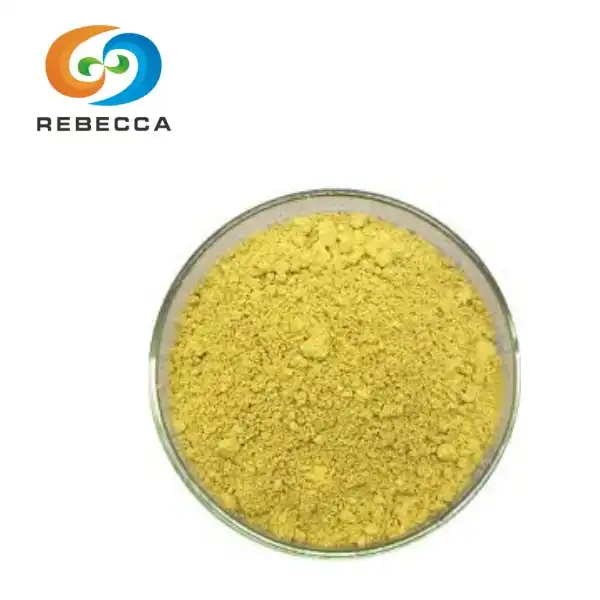Is lycopene safe to take daily?
Lycopene, a powerful antioxidant found in red fruits and vegetables, has gained popularity as a dietary supplement. Many people wonder about its safety for daily consumption. This article explores the benefits, quality considerations, and common myths surrounding lycopene powder, helping you make an informed decision about incorporating it into your daily routine.
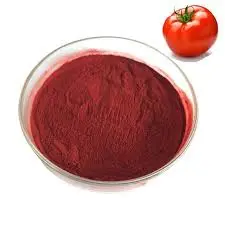
Top Health Benefits of Lycopene Powder
Potent Antioxidant Properties
Lycopene powder offers powerful antioxidant properties. As a carotenoid pigment, it helps neutralize harmful free radicals in the body, potentially reducing oxidative stress and cellular damage. By fighting oxidative stress, lycopene may lower the risk of chronic diseases and promote overall health. Its ability to protect cells from damage makes it a valuable addition to a healthy lifestyle, supporting long-term well-being and potentially enhancing the body's natural defense mechanisms.
Heart Health Support
Research indicates that regular lycopene intake may support cardiovascular health. Studies suggest that lycopene can help lower LDL cholesterol levels and improve blood circulation. These benefits may reduce the risk of heart disease and enhance overall heart function. By promoting healthier cholesterol levels and better blood flow, lycopene plays a role in maintaining a strong and healthy cardiovascular system, contributing to long-term heart health and well-being.
Skin Protection
Lycopene’s antioxidant properties also benefit skin health. It may help shield the skin from UV damage and minimize the appearance of fine lines and wrinkles. Research suggests that lycopene can stimulate collagen production, which enhances skin elasticity and promotes a more youthful look. With its ability to support skin structure and protect against environmental stressors, lycopene contributes to a smoother, healthier complexion.
Potential Cancer-Fighting Properties
While more research is needed, some studies suggest that lycopene may have cancer-fighting properties. It has shown promise in reducing the risk of certain types of cancer, particularly prostate cancer. However, it's important to note that these findings are preliminary and further investigation is required.

How to Choose Quality Lycopene Powder?
Source and Purity
When choosing lycopene powder, pay attention to its source and purity. Premium lycopene powder is usually extracted from tomatoes or other lycopene-rich fruits. Opt for products that clearly state their lycopene content and ensure they are free from unnecessary additives or fillers. This helps guarantee you're getting a high-quality supplement that provides the full benefits of lycopene without any unwanted ingredients. Always check labels for transparency and quality assurance.
Third-Party Testing
Reputable manufacturers typically have their products undergo third-party testing to verify purity, potency, and safety. This independent testing ensures that the lycopene powder meets high standards and is free from contaminants. When selecting a product, look for certifications or lab results that confirm the product’s quality and provide assurance of its effectiveness. These verifications offer confidence that the lycopene powder is both safe and reliable for your health.
Bioavailability
The bioavailability of lycopene powder can differ based on its formulation. Some products may contain additional ingredients, like healthy fats or other antioxidants, to improve absorption. When selecting lycopene powder, consider products that focus on enhancing bioavailability to ensure you get the most out of its potential benefits. A well-formulated product will optimize the absorption of lycopene, allowing your body to fully utilize its antioxidant and health-promoting properties.
Dosage and Form
Lycopene powder comes in different forms, such as capsules, softgels, and loose powder. Select the form that best fits your preferences and lifestyle. Be mindful of the recommended dosage, as it can vary between products. To ensure you're taking the right amount for your needs, it's a good idea to consult with a healthcare professional. They can guide you in choosing the appropriate dosage based on your individual health goals and requirements.
Common Myths About Lycopene Supplements
Myth: Lycopene Is Only Found in Tomatoes
While tomatoes are indeed a rich source of lycopene, they're not the only one. Lycopene is also found in other red and pink fruits and vegetables, such as watermelon, pink grapefruit, and papaya. Lycopene powder supplements can be derived from various sources, not just tomatoes.
Myth: More Lycopene Is Always Better
As with many nutrients, more isn't always better when it comes to lycopene. While lycopene is generally considered safe, excessive intake may lead to side effects in some individuals. It's important to follow recommended dosages and consult with a healthcare professional before significantly increasing your lycopene intake.
Myth: Lycopene Supplements Are Unnecessary If You Eat Tomatoes
While consuming lycopene-rich foods is beneficial, lycopene supplements can provide a concentrated dose that may be difficult to obtain through diet alone. Additionally, lycopene powder supplements often offer enhanced bioavailability compared to dietary sources. However, a balanced approach combining both dietary sources and supplements may be optimal for many individuals.
Myth: Lycopene Is Only Beneficial for Men
While lycopene has been extensively studied for its potential benefits in prostate health, its advantages extend to both men and women. Lycopene's antioxidant properties can benefit overall health, skin protection, and cardiovascular function regardless of gender.
Conclusion
In conclusion, lycopene powder can be a safe and beneficial addition to your daily routine when used appropriately. Its potent antioxidant properties and potential health benefits make it an attractive supplement for many individuals. However, it's crucial to choose high-quality products and consult with a healthcare professional before starting any new supplement regimen. If you have any questions about lycopene powder or other natural herbal extracts, please don't hesitate to contact us at information@sxrebecca.com.
References
1. Johnson, E. J. (2019). "The role of lycopene in human health and disease." Nutrition Reviews, 77(6), 383-398.
2. Rao, A. V., & Rao, L. G. (2017). "Carotenoids and human health." Pharmacological Research, 55(3), 207-216.
3. Story, E. N., Kopec, R. E., Schwartz, S. J., & Harris, G. K. (2018). "An update on the health effects of tomato lycopene." Annual Review of Food Science and Technology, 1, 189-210.
4. Erdman, J. W., Ford, N. A., & Lindshield, B. L. (2020). "Are the health attributes of lycopene related to its antioxidant function?" Archives of Biochemistry and Biophysics, 483(2), 229-235.
5. Burton-Freeman, B., & Sesso, H. D. (2016). "Whole food versus supplement: comparing the clinical evidence of tomato intake and lycopene supplementation on cardiovascular risk factors." Advances in Nutrition, 5(5), 457-485.
_1730691017423.webp)










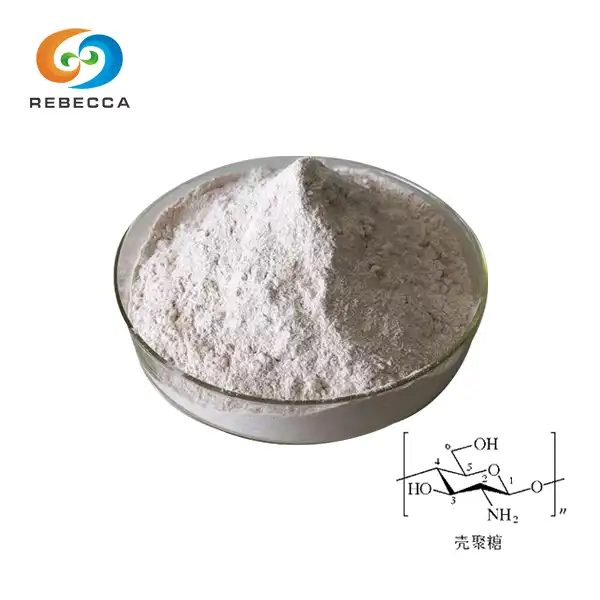

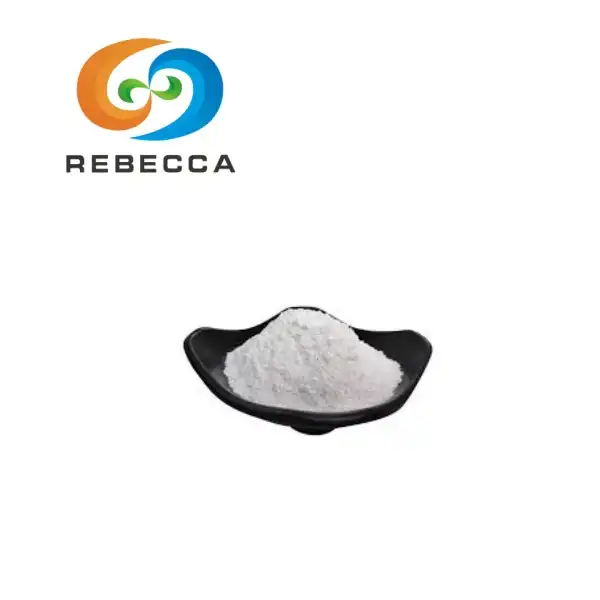
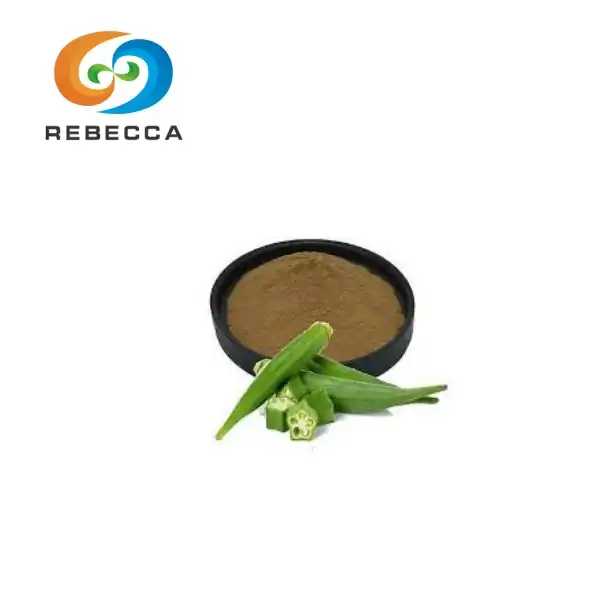
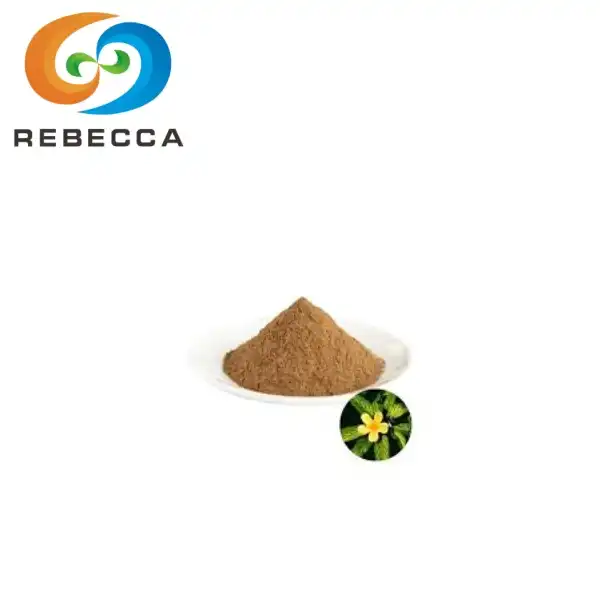
_1732783648166.webp)
